Sleeping in your car can be a necessity for many—whether you’re on a long road trip, facing unexpected car trouble, or simply too tired to drive safely. But what are the rules in Minnesota? Is it legal to catch some rest in your vehicle, or could you find yourself on the wrong side of the law? The answer isn’t as straightforward as you might think.
Minnesota, like many states, does not have a specific law that outright bans sleeping in your car. However, several overlapping regulations and local ordinances can make it illegal under certain circumstances. Understanding these rules is crucial to avoid fines, penalties, or even legal trouble. This article will break down everything you need to know about the legality of sleeping in your car in the Land of 10,000 Lakes.
Understanding the Legal Gray Area
Sleeping in your car occupies a gray area in Minnesota law. There is no statute that explicitly says, “You cannot sleep in your car.” Instead, the legality often depends on where you park, why you’re there, and how you behave. Law enforcement officers frequently use other laws—such as trespassing, loitering, or DUI regulations—to address situations where someone is sleeping in their vehicle.
For example, if you’re parked on private property without permission, you could be charged with trespassing. Similarly, if you’re in a public space like a rest area or city street, local rules might limit how long you can stay or whether overnight parking is allowed. It’s also important to note that if you’ve been drinking, even if you’re asleep and not driving, you could still face a DUI if you’re in the driver’s seat with the keys accessible.
Key Laws and Ordinances to Consider
Several laws in Minnesota can indirectly affect your ability to sleep in your car safely and legally. Here are the most important ones to keep in mind:
Trespassing Laws Minnesota’s trespassing laws make it illegal to remain on private property without the owner’s consent. This includes parking lots, residential driveways, and commercial properties. If you plan to sleep in your car on private property, always seek permission first. Many Walmart locations, for instance, historically allowed overnight parking, but policies can vary by store and municipality. Always check for posted signs indicating whether overnight parking is permitted.
Local Parking Regulations Cities and towns in Minnesota have their own parking rules. In Minneapolis, for example, overnight parking on city streets is generally prohibited without a permit during certain hours, especially in winter months when snow emergencies are in effect. Other municipalities may have similar restrictions. Always look for signage indicating time limits or overnight bans.
Rest Areas and Highway Safety Minnesota’s rest areas are designed for tired drivers to take breaks, but rules about how long you can stay vary. While short naps are generally tolerated, extended stays or overnight sleeping might be discouraged or prohibited. The Minnesota Department of Transportation advises against using rest areas for prolonged periods, as they are intended for brief stops to combat fatigue.
DUI and Physical Control Laws One of the biggest risks of sleeping in your car in Minnesota involves DUI laws. Minnesota’s “physical control” statute means that you can be charged with a DUI even if the car isn’t moving. If you’re in the driver’s seat with the keys in the ignition or within reach, you could be considered in control of the vehicle. To avoid this, if you’ve been drinking, it’s safer to sleep in the back seat with the keys stored in the trunk or somewhere not easily accessible.
Loitering and Disorderly Conduct In some cases, law enforcement might use loitering or disorderly conduct ordinances to address people sleeping in cars, especially in residential areas or places where suspicious activity is reported. While these laws are meant to maintain public safety, they can sometimes be applied subjectively.
Where Is It Generally Safe to Sleep in Your Car?
While the legality can be fuzzy, there are places in Minnesota where sleeping in your car is more accepted or less likely to draw attention:
Designated Overnight Parking Areas Some truck stops, campgrounds, and certain retail parking lots (with permission) allow overnight parking. Always look for signs or ask management to confirm.
Rest Stops (Briefly) Short naps at rest areas are usually fine, but avoid making it an overnight habit. Plan to move along after a couple of hours.
Walmart and Other Retailers While not universal, many Walmarts across the country permit overnight parking. However, local ordinances can override store policy, so it’s best to check with the store manager.
Campgrounds and Public Lands If you’re near state parks or national forests, designated camping areas are your safest bet. There may be fees, but you’ll have legal permission to stay overnight.
Practical Tips for Sleeping in Your Car Safely and Legally
If you find yourself needing to sleep in your car in Minnesota, follow these tips to stay safe and avoid legal issues:
- Choose Your Location Wisely: Opt for well-lit, populated areas like truck stops or retail parking lots where overnight parking is explicitly allowed.
- Be Discreet: Avoid drawing attention to yourself. Use window shades for privacy and keep noise to a minimum.
- Follow Posted Rules: Always obey parking signs and time limits. If a sign says “No Overnight Parking,” respect it.
- Keep Keys Away from the Ignition: If you’ve consumed alcohol, never sleep in the driver’s seat. Move to the back seat and store keys in the glove compartment or trunk.
- Have a Plan: If you’re traveling long-distance, research safe overnight parking options ahead of time.
What to Do If You’re Approached by Law Enforcement
If an officer knocks on your window while you’re sleeping in your car, remain calm and polite. Explain your situation clearly—whether you’re resting during a long drive or dealing with car trouble. Most officers will understand if you’re respectful and not violating any obvious laws. However, if you’re asked to move, comply promptly to avoid escalation.
The Bigger Picture: Homelessness and Vehicle Dwelling
It’s important to acknowledge that for some Minnesotans, sleeping in a car isn’t a choice but a necessity due to homelessness or financial hardship. Minnesota has resources available for those in need, including shelters and support services. If you or someone you know is living in a vehicle, reaching out to local organizations can provide assistance and safer alternatives.
Conclusion
Sleeping in your car in Minnesota is not explicitly illegal, but it’s regulated through a web of trespassing, parking, and DUI laws. To stay on the right side of the law, always choose safe, legal parking spots, be aware of local ordinances, and understand the risks associated with DUI statutes. By staying informed and cautious, you can ensure that resting in your vehicle doesn’t lead to unexpected legal trouble.
Whether you’re a weary traveler or someone in a tough situation, knowing your rights and responsibilities is key. Stay safe, plan ahead, and drive responsibly.
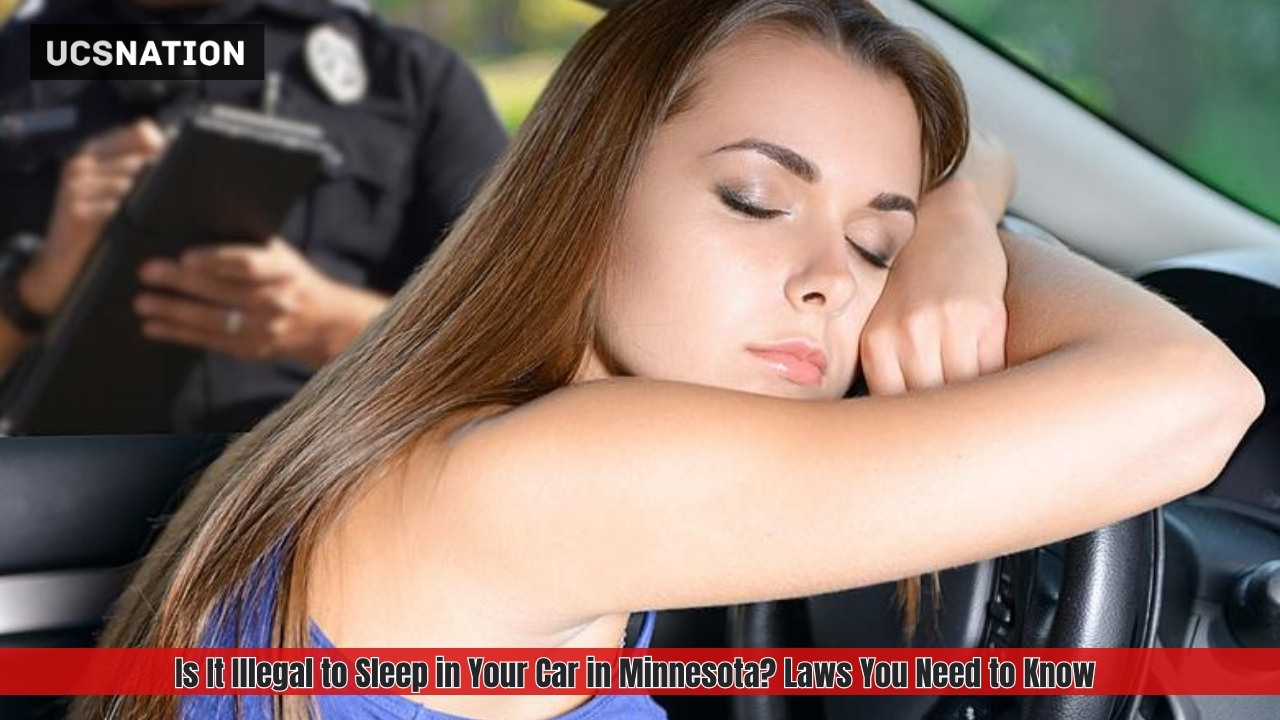
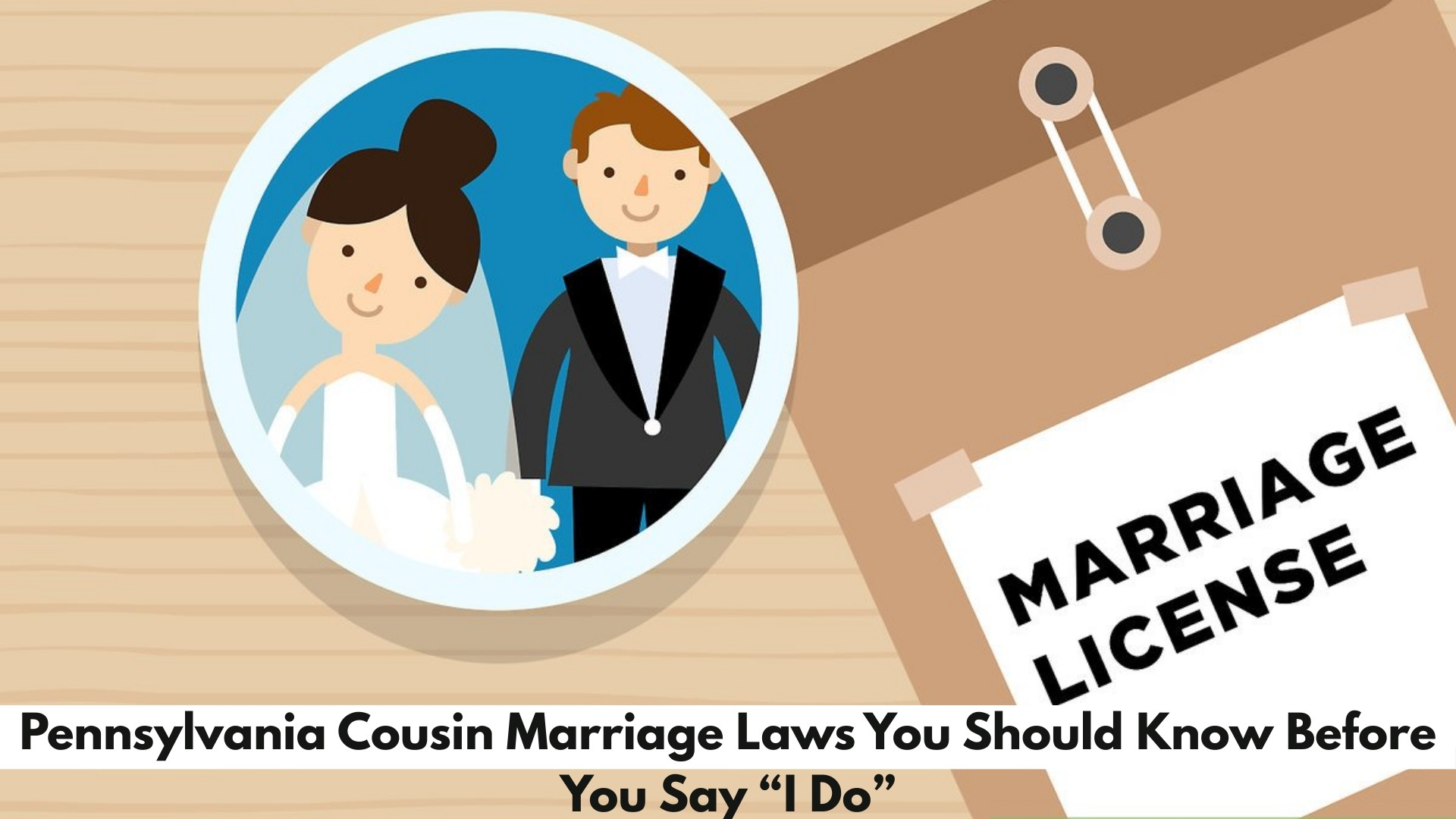




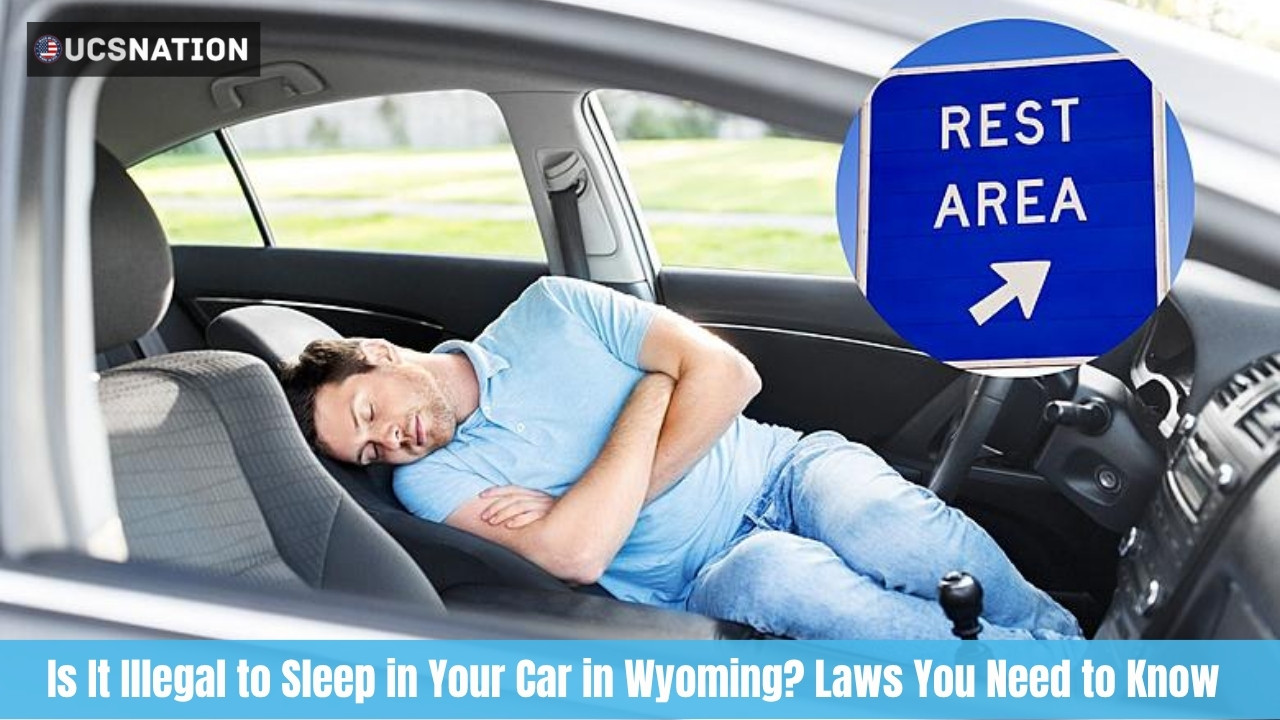
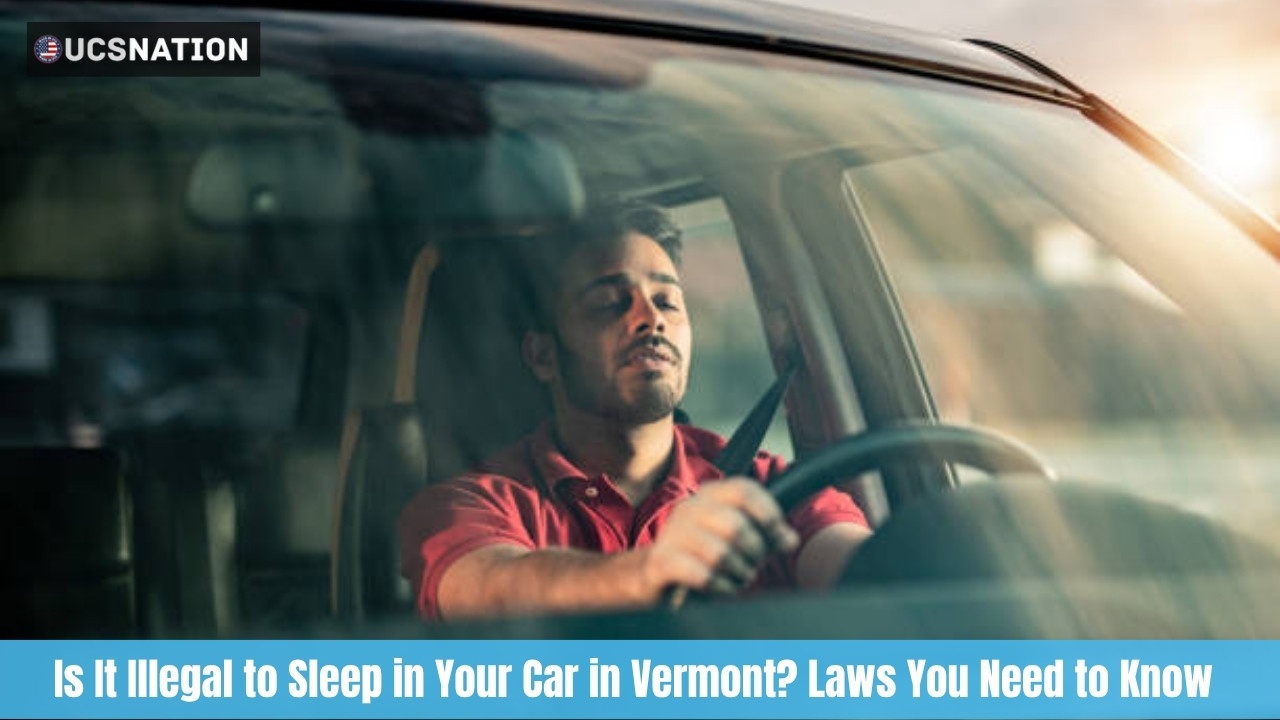
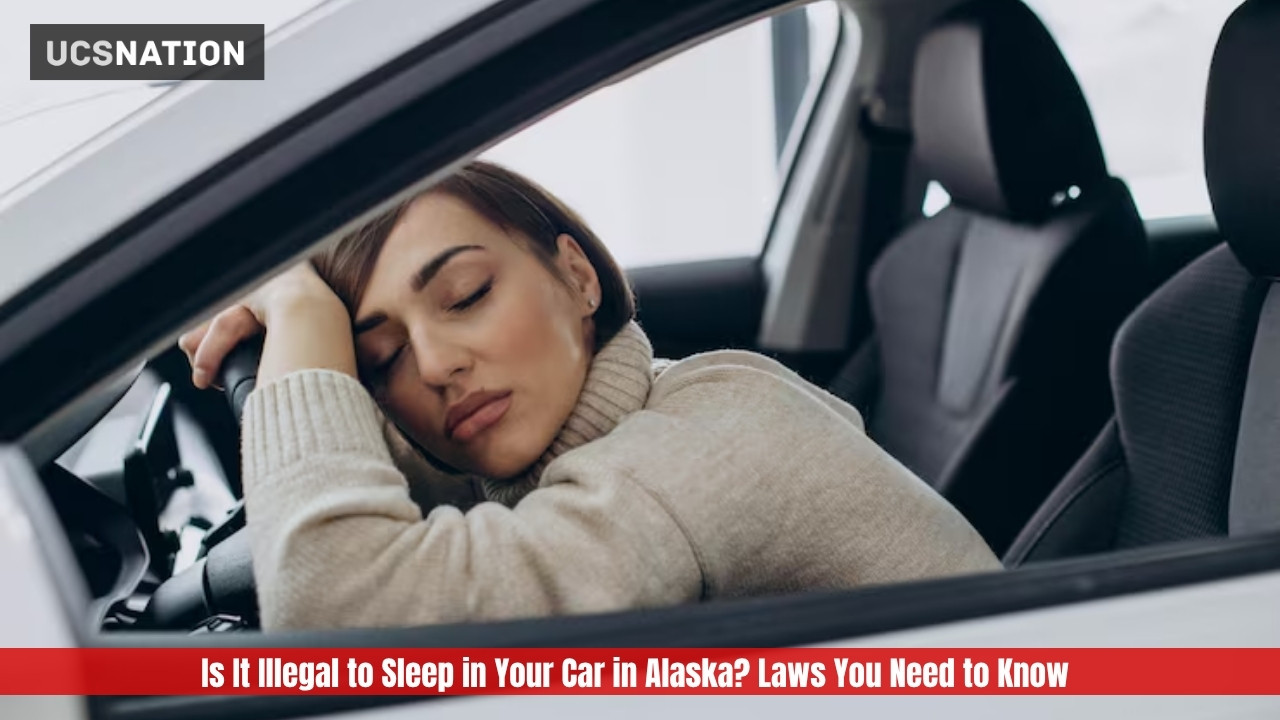
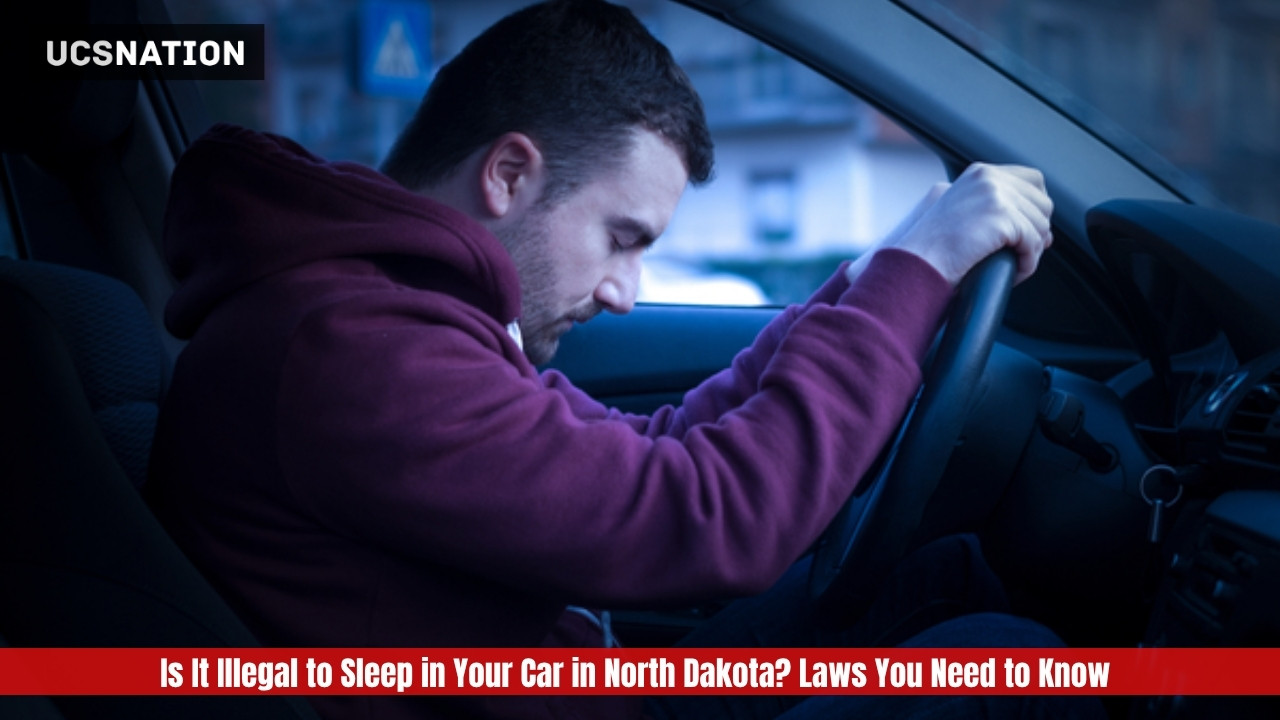
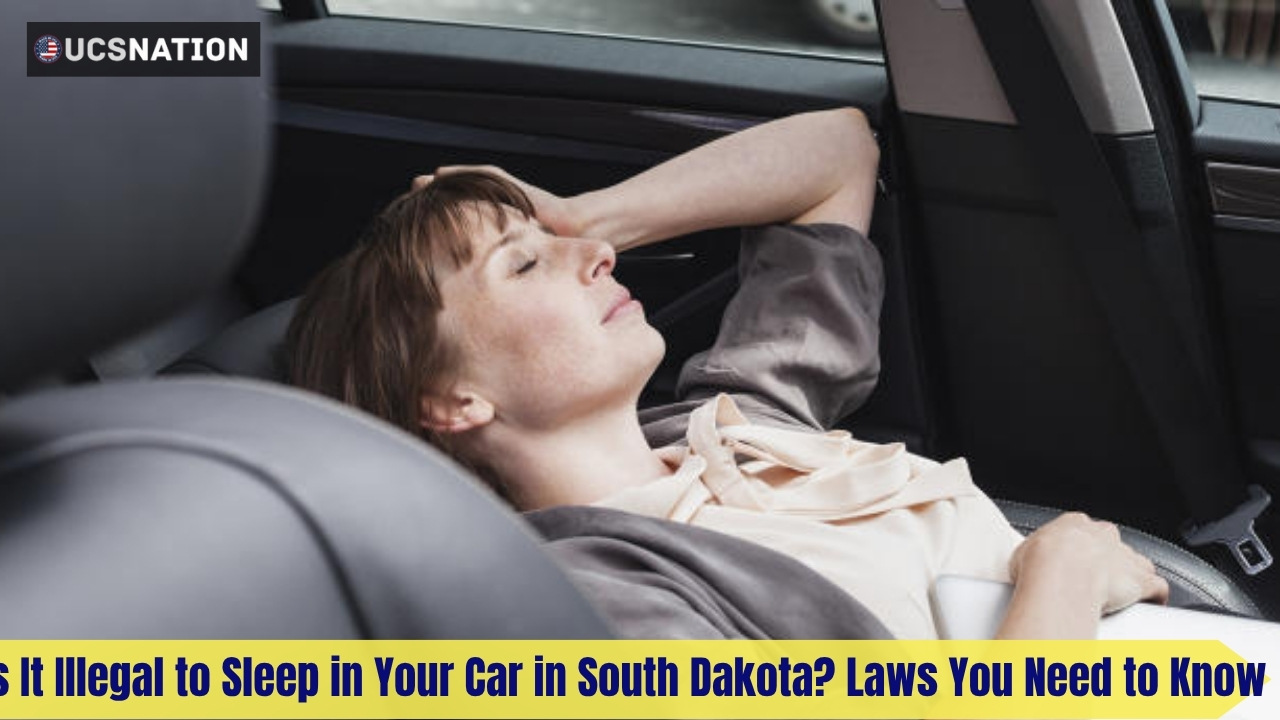




Leave a Reply